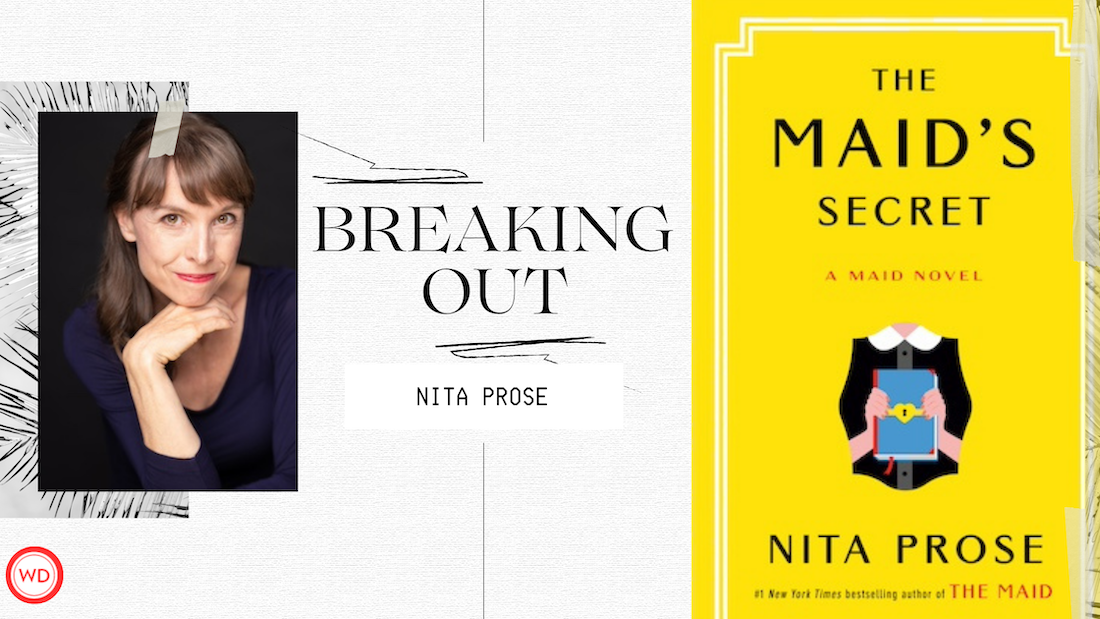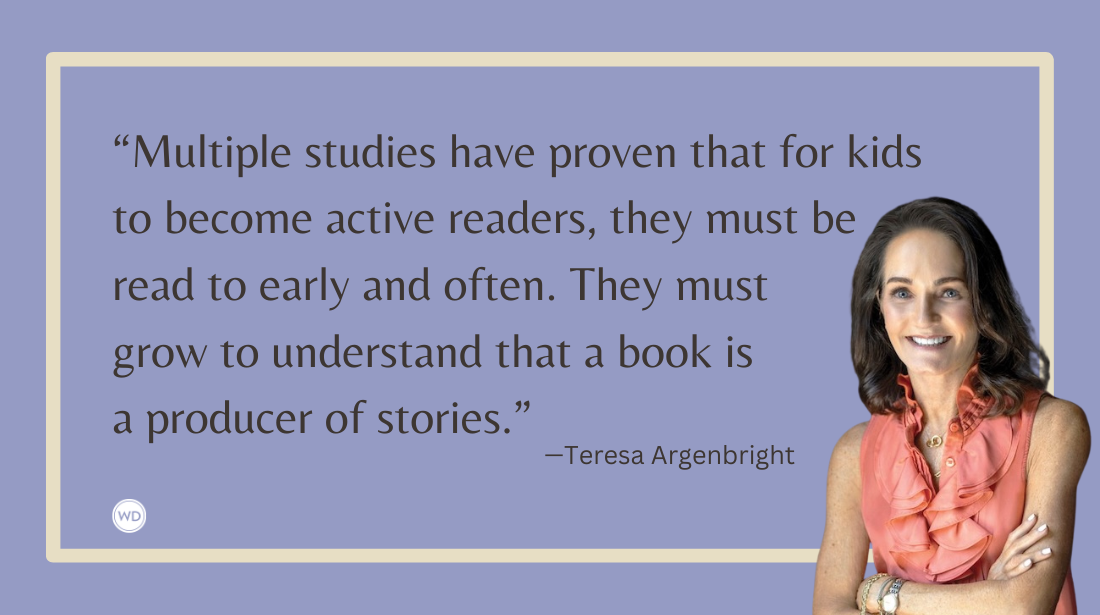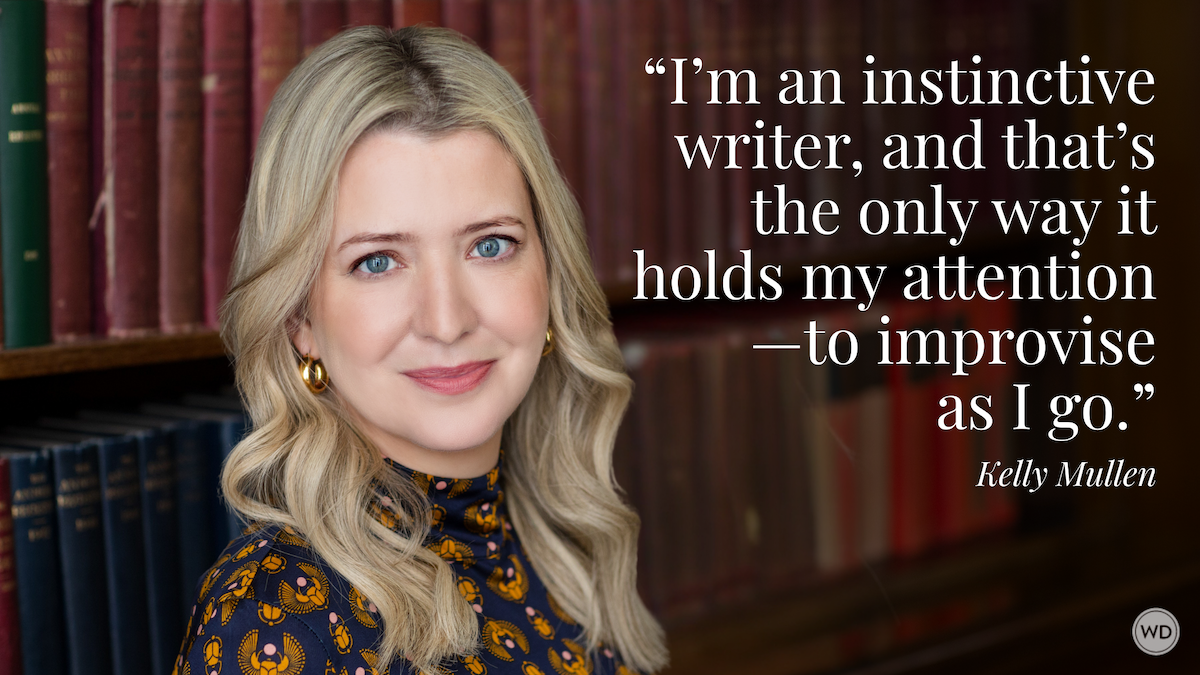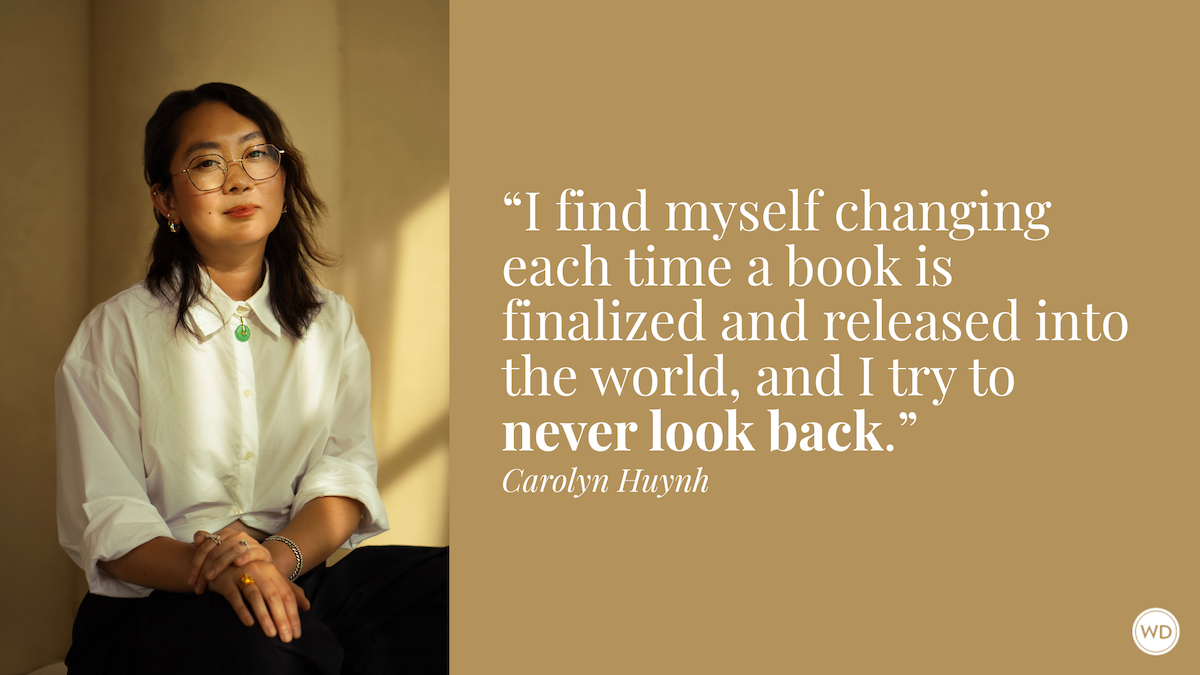How to Break into Comedy Writing
Breaking into comedy writing is no laughing matter according to our distinguished panel of experts.
Think you’re funny? How often have you sat through “The Daily Show,” thinking, I could do that! Well, writing comedy isn’t for the weak, particularly as the TV networks continue to whittle down the slots for sitcoms. But there’s good news: even dramas such as “Ugly Betty” and “Desperate Housewives” are employing a few comedy writers—and there are rising standup comics who need joke help, as well. Here, eight comedy writers share their hard-won advice on how to get laughter down on the page—and get paid.
Our Panel:
JIM FISHER was part of Second City’s Mainstage performers and taught comedy writing at the company’s training center. He’s written for the TV series “Dragon Tales” and “Young Hercules” and helped write the screenplay for The Beverly Hillbillies.
JON FRIEDMAN is the producer and host of “The Rejection Show,” a cult-hit live show of rejected material. His first book, Rejected: Tales of the Failed, Dumped, and Canceled is due out this year.
EVAN GORE is a former member of Second City, a founding member of Improv Institute in Chicago, and a writer for “Futurama,” “George of the Jungle,” “Lilo & Stitch,” and “The Adventures of Jimmy Neutron: Boy Genius.”
ROY JENKINS was a staff writer for “Late Night with Conan O’Brien” where he won two Writer’s Guild Awards and received two Emmy nominations. He’s also been a writer/producer on the Spike TV network’s “Most Extreme Elimination Challenge.” He’s a director/performer in the Groundlings long-format “The Crazy Uncle Show.”
MATT LAPPIN is a segment producer on Comedy Central’s “The Colbert Report.” He also wrote for “Strangers with Candy,” both the TV show and film.
JON MUGAR is a producer/writer for the live-action sketch-comedy show “Tim and Eric Awesome Show, Great Job!” on the Cartoon Network.
JIM RASH is a current writing and performing member of the Groundlings. He sold a sitcom “Adopted” to ABC and has cowritten two pilots for NBC and two screenplays.
BEN SCHWARTZ has written for David Letterman and “Saturday Night Live.”
What Is Your Advice to Writers Who Want to Get Into Comedy Writing?
FRIEDMAN: Write in a way that makes you laugh and try not to think of what others want. Trust your own instincts and take risks. It’s OK to write something that doesn’t work and, when you do, try to think of it as one step closer to writing something great.
JENKINS: Be patient and be prolific. There’s no substitute for having something ready. I also perform and the thing I like better about writing is that you don’t have to wait for someone to tell you to write something. As a performer, you need a place to do it, people to do it with, and an audience. A writer just needs a pad and pen. If you have a funny idea, write it down and develop it. Sometimes writers feel like it’s just an idea, what’s the difference? Well, ideas can buy a house and put your kids through private school. That’s what we deal in.
MUGAR: If you’re not going to spend five years in the industry, don’t spend five minutes. When you’re starting out, you really just want to hear, “You wanna write comedy? Just e-mail The Onion and submit a few things, then you’ll get noticed by ‘Saturday Night Live’ and from there you can write for ‘Curb Your Enthusiasm.’ ” That plan fails miserably every step of the way, especially when you find out “Curb” doesn’t have writers. What worked for me was learning how to write, being persistent in showing material, finding good people in the industry, and working hard. It took me five years of steady pursuit to get a foot in the door.
RASH: Be proactive. In downtimes, it’s great to keep writing original stuff—working on your own. Maybe it’s not for a paycheck, but in the long run, it’s still better to be creatively busy.
FISHER: Hollywood is always looking for good writers. Writers drive the industry. Television and films need fresh stories, intriguing characters, and involving dialogue. For the art of writing, you need to gain experience. Read scripts and absorb how a pro does it. Take writing courses. There are online courses that can be very helpful. You should have several samples of your writing available to hand out to anyone who wants to see it. A great spec script is the single best way to get your foot in the door. You should have several ready to excite interest from potential agents and producers.
SCHWARTZ: Something that really helped me is my website (rejectedjokes.com). If anyone wants to see me or learn about me, they can see all the material that I can generate. The site is a calling card that helps spread my name. Showcase your writing—it’s a huge advantage. Make a place for anyone who’s interested to see what kind of stuff you write.
Writing Is Usually a Private Affair. How Weird Is Collaborative Writing On a Show?
JENKINS: When you’re writing around a table, you hope you’re not in an environment that’s totally competitive; that you’re all pulling on the same oar. There’s always going to be an element of competitiveness. When it’s friendly, it’s fun. The idea is to go back and forth to the point where it’s hard to say who came up with what in the script. Everybody pushed and pulled it. That’s the best, when nobody is keeping score. You’re just having fun.
What Do You Suggest New Writers Do to Find Some Success in Comedy Writing?
FISHER: Pursue every opportunity, no matter how insignificant it seems. Get a job (even as a lowly gofer) at an active production company and let everyone know you want to be a writer. Ask for advice on scripts and ask anyone and everyone for comments on things you’ve written.
RASH: Come from a personal place. To me, comedy is found in the most dramatic of situations. In other words, we deal with tough things in our lives by finding the humor in them. Don’t be afraid to come from those personal areas. It’s going to feel true if it’s personal.
LAPPIN: Getting noticed is a bit of a crapshoot. A lot of it is being in the right place at the right time. For me, that was being a writer’s assistant at “Strangers with Candy.” Being a writer’s assistant is definitely one sure way to work daily with experienced writers. Contacts in the entertainment industry are the most important aspect of acquiring work. I never got a job once via resume. You could also perform live and immerse yourself in some sort of comedy scene.
How Does a Writer Stay In the Comedy Writing Business for an Extended Period and Not Just Be a One-Hit Wonder?
RASH: In today’s market, it seems almost natural that everyone will have peaks and valleys—times when they’re not working or making a living as a writer. Shows have shorter shelf lives as the networks aren’t as likely to give new shows much of a chance to find an audience. So I go back to being proactive. With cable channels, webisodes, YouTube, there really are interesting places to experiment—places that allow you to keep creatively busy.
FISHER: Longevity in any career is a matter of persistence and luck. In writing, there are basically two routes that lead to longevity. First, if you write for a show that becomes a hit (or a movie that spawns sequels), it allows you to move up through the ranks. Then you have the ability to pitch your own ideas and, hopefully, get your own show on the air. Or you become a freelance writer. In that case, you must be adaptable, allowing you to go from project to project, no matter what the writing arena—animation, Internet, interactive, situation comedies, or feature films. It’s tough to do because you have to be up-to-date and prove you can write in those arenas.
JENKINS: Keep challenging yourself. I’m involved with the Groundlings and sometimes people there will say they’re burnt out and I’m like, you’ve been doing this for a year and a half, you better not be burnt out; if you’re going to do this for 40 years, you’ve got to get it together. You have to think of it in terms of a batting average. You’re just not going to knock everything out of the park. Also, people aren’t interchangeable but there are more writers than there are jobs so one of the keys is cultivating people and it doesn’t have to be in a cynical, horrible way. Have people that you write with or that you present your work to and critique one another. There’s the value of criticism but there’s also the value of knowing more people because when a writing position comes open, it’s going to be the people who have faith in you and like your work who hire you. Those network connections are critical. You don’t want to be the lonely writer in a garret. That’s the sure way to get nowhere.
SCHWARTZ: Acting and writing are the only professions where people say “no” to you all the time. It’s the business. You have to get used to it. For me, I’m always worrying about what the next thing is. Writing is all about generating—the more you generate, the more likely you are to succeed. The more jokes you write, the better chance you have.
GORE: The wicked truth is that “getting in” and “staying in” are the same things. You’re always trying to “get in.” The only guarantee you will “stay in” is to have the financial strength to leap over the gaps in employment. After that, the answer is persistence. It’s the same for a carpenter because it’s the same scenario, there’s no promise you’ll stay in, even if you’ve had a great run. A carpenter either builds something and sells it or is hired to work on someone else’s project, but every project ends. The only real exit strategy is a great success, a nest egg, or patience until the next assignment. But if you develop a reputation as someone who is great on the page and great to work with, you stand a much better chance of getting hired again.
FRIEDMAN: Keep writing and have fun while writing. It’s very easy to fall into that pressure after having a hit to duplicate what was successful about it and so to want to give people what you think they want. Although it’s great to be influenced by others, it’s important to not sound like you’re imitating others or imitating yourself after finding initial success. Use the motivation that enabled you to find success in writing to grow even further.








